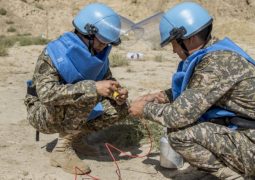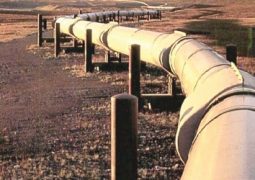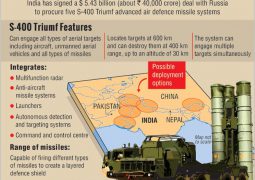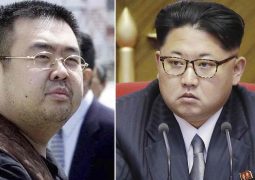$160 billion to replenish the National Fund – Kazakhstan vs Eni: How a Swiss Lawsuit Could Reshape the $160 Billion Kashagan Dispute

The legal landscape surrounding Kazakhstan’s energy sector has taken an unexpected turn. What began as a closed commercial arbitration dispute has now entered the public sphere in Switzerland’s courts. This marks a significant escalation in Astana’s confrontation with international oil and gas majors.
According to Bloomberg, PSA LLP, a structure representing Kazakhstan’s interests in production-sharing agreements (PSAs), has significantly broadened its claims. The lawsuit now directly targets alleged schemes involving units and executives of the Italian company Eni. Kazakhstan alleges that during the early development of Kashagan infrastructure, including the Bolashak processing plant and pipeline systems, corruption and fraud may have occurred.
Arbitration claims against the NCOC consortium, which includes Shell, ExxonMobil, TotalEnergies, and Eni, exceed $150 billion. Within this context, the Swiss case has become the most sensitive element. The Swiss case itself is much smaller – $15 million plus interest – and is being used to gather evidence and strengthen the larger arbitration case.
While the financial stakes are high, the proceedings reflect a deeper political shift. Kazakhstan is moving away from the 1990s model of offering investors exceptional privileges. Under President Kassym-Jomart Tokayev’s “Fair Kazakhstan” policy, the state is aiming to secure more balanced and equitable cooperation with foreign partners.
Distinctiveness of Swiss Proceedings
The Swiss case is distinctive due to the nature of its allegations. The plaintiffs claim that during the tenure of Agip KCO (an Eni subsidiary) as project operator, contracts were awarded amid corrupt practices. Allegations include inflated prices and kickbacks to contractors.
Targeting Eni is deliberate. The company led the project during its most troubled phase from 2001 to 2008. Kashagan’s budget swelled during this period, with repeated delays. Following a 2013 gas leak, production was halted for nearly three years. Kazakh officials have long linked Kashagan’s massive cost overruns and technical failures to poor procurement and mismanagement, and the current legal offensive zeroes in on alleged corrupt tenders. Cost estimates rose from a few tens of billions of dollars to around $60 billion, and by 2007, projections for total project costs had reached about $136 billion.
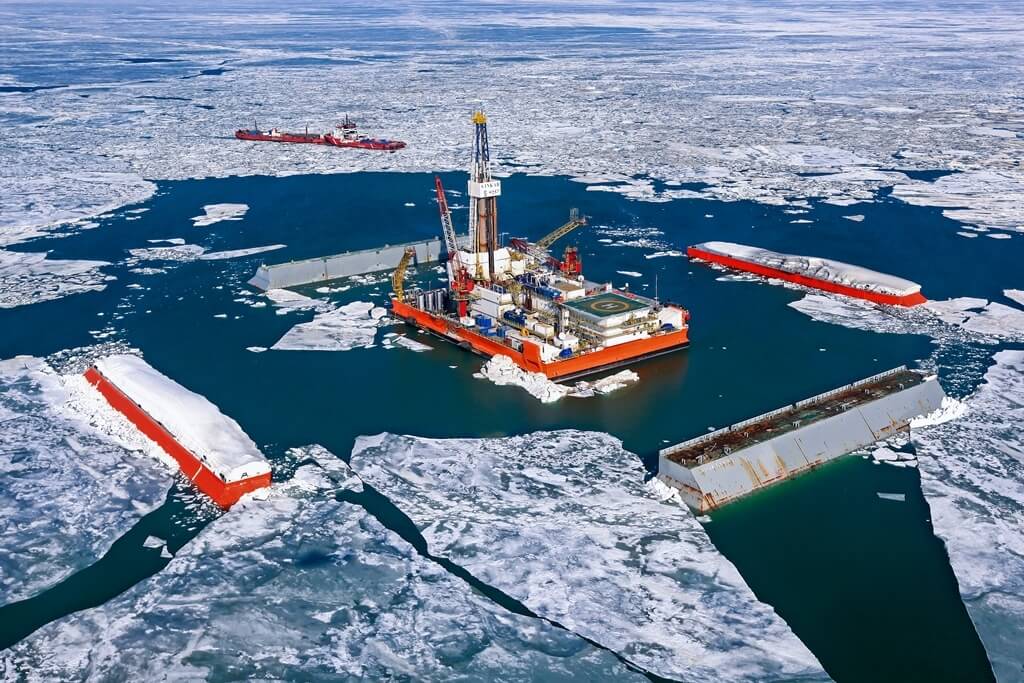
Why Switzerland?
The selection of the Swiss jurisdiction is strategic. Switzerland’s laws on corruption and financial crimes allow for the prosecution of both corporations and individual executives. Moreover, many entities connected to Kashagan’s operations are registered there.
Another factor is the PSA’s stabilization clause, which forbids altering the contract’s terms. However, under international legal norms, if corruption is proven in the contract’s formation, such protections can be voided. This opens the door for Kazakhstan to challenge key financial terms of the agreement.
Resource Nationalism 2.0: Legal Strategy Meets Political Logic
Astana’s current posture can be described as a form of “new-generation resource nationalism.” Rather than using administrative leverage, the state is deploying legal tools to address grievances. This is driven in part by Kazakhstan’s fiscal needs, ranging from infrastructure upgrades to social spending.
Amid these pressures, the vast expenditures reported by Kashagan operators have drawn public skepticism. Kazakhstan’s claims aim to re-evaluate the cost recovery model that enables companies to deduct expenses before profit-sharing begins. Should the Swiss court validate even part of the allegations, Astana would gain legal grounds to renegotiate the revenue-sharing framework.
The lawsuit of up to $160 billion represents not only a bid to recover historical losses but also an effort to replenish the National Fund, which has recently sustained significant setbacks.
Investors’ Perspective: Between Risk and Realpolitik
For international firms, the greatest risk may not be immediate divestment, but rather the suspension or deferral of future investments. The NCOC consortium is currently deliberating on Phase 2 of Kashagan’s development, yet legal uncertainties could delay approval. Shell CEO Wael Sawan has previously stressed capital discipline and shareholder value, which generally makes the company cautious about high-risk, high-uncertainty projects.
However, a wholesale exit by foreign investors appears unlikely. Kazakhstan remains one of the few major untapped hydrocarbon sources accessible to European markets, particularly amid sanctions-related shifts in energy flows from Russia. Moreover, companies have already invested tens of billions of dollars in Kashagan, making withdrawal economically prohibitive.
The Swiss litigation unfolds against a backdrop of evolving Eurasian energy dynamics. Kazakhstan has emerged as a key oil supplier to Germany and other EU states, replacing sanctioned Russian volumes. China, too, is monitoring developments closely; a potential weakening of Western firms could potentially create openings for CNPC and Sinopec.
For the EU, diminished influence at Kashagan carries strategic implications. It enhances Kazakhstan’s leverage as it pushes for more equitable terms.
Ultimately, the Swiss proceedings will test the maturity of Kazakhstan’s economic governance. The country is aiming to defend its national interests through legal avenues rather than political coercion. The outcome will indicate whether Kazakhstan can achieve a more just arrangement under existing international frameworks while preserving its appeal to long-term investors.
- Previous ‘Could you make it $1.5 trillion?’ Major deals signed by Saudi crown prince MBS on his US visit
- Next The 160 billion-dollar dispute between Kazakhstan and big oil: Simple Facts




